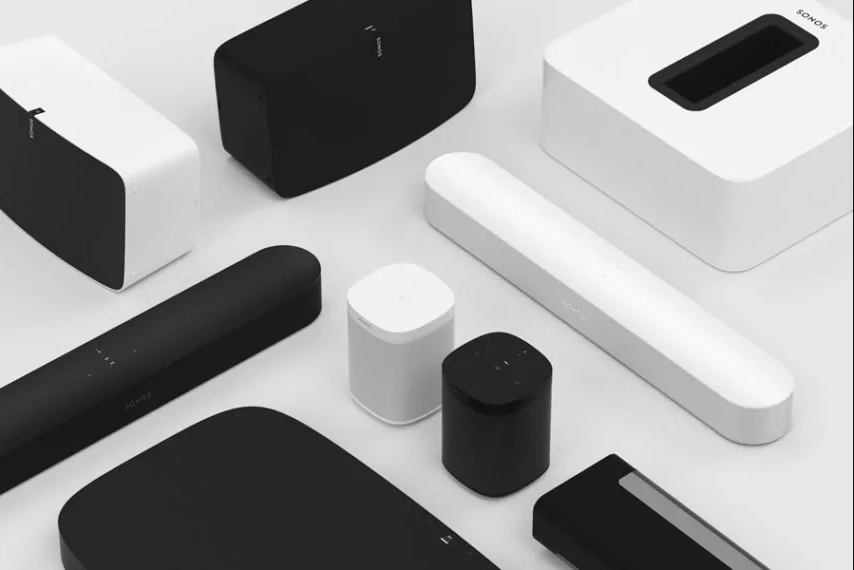Last week, Sonos filed two separate lawsuits against Google alleging the search engine giant knowingly infringed upon its patented technology in the development of Google’s own smart speaker systems. One lawsuit was filed in the Central District of California, seeking damages and an injunction, and the other with the International Trade Commission, seeking a ban on Google’s infringing devices. In particular, Sonos complains of the Google Home series as infringing multiple of its issued patents.
Patent owners possess the exclusive legal right to exclude others from making, using, selling, or offering for sale the invention described in the claims. Patent infringement occurs when a product or service meets all of the limitations of at least one independent claim of the patent. There is no requirement that the allegedly infringing party have knowledge of the existence of the patent in order to be held liable. However, if the infringing party did have knowledge of the patent prior to the accused-of conduct, that party may be liable to the patent owner for up to three times the amount of damages assessed.
In its complaint, Sonos alleges to have pioneered the wireless multi-room audio system in the early 2000s. The company brought its first commercial product to market in 2005. The Santa Barbara-based company has been granted more than 750 patents by the United States Patent and Trademark Office and currently has 420 pending patent applications. These patents cover various aspects of Sonos’ wireless multi-room audio system, including setting up a playback device on a wireless local area network, managing and controlling groups of playback devices, and synchronizing playback of audio within groups of playback devices.
Prior to Sonos’ innovation, multi-room audio systems were dependent on a centralized receiver hard-wired to each individual passive speaker throughout a home or business. Sonos changed this landscape by relying on intelligent, networked playback devices to deliver sound wirelessly. Sonos alleges its system is easy to set up and use and is customizable and is readily integrated with other technologies and services. Moreover, Sonos’ products are compatible with numerous third-party music streaming services, many of which have integrated their services into the Sonos platform.
In 2013, Google and Sonos worked together through a partnership to integrate Google Play Music into the Sonos platform. During this partnership, Google gained knowledge of Sonos’ patented multi-room technology. In particular, Google was able to view Sonos’ proprietary technology in great detail due to the especially deep integration of Google Play Music therewith. In 2014, Google’s Google Play Music was launched on the Sonos platform.
Two years after Google and Sonos partnered together, Google launched its first wireless multi-room audio product, Chromecast Audio, which is an audio adapter/dongle that can turn a speaker with an auxiliary port into a wireless, networked speaker. This is the first device which Sonos claims infringes its patents. Since Chromecast Audio’s release, Google has, according to Sonos, proliferated its use of Sonos’ patented technology. Indeed, Google has produced more than a dozen allegedly infringing products, including Google Home, Google Home Mini, Google Home Max, and Pixel phones, tablets, and laptops.
In the complaint, Sonos lists five patents that were allegedly infringed by Google, though Sonos alleges that it believes Google violated roughly 100 different patents. Some of the features alleged by Sonos to be infringed by Google include setting up a playback device on a wireless local area network, adjusting group volume of playback devices, and synchronizing playback of audio within groups of playback devices. To make matters worse for Sonos, Google sells its Google Home Mini at a fraction of the cost of a Sonos comparable product. Google sells the Mini for $49 and has even offered them for free in a partnership with Spotify, thereby causing a massive influx of Google smart speakers that will enter the market.
Sonos has warned Google of its infringement on at least six separate occasions dating back to 2016. Specifically, Sonos first raised the issue of infringement in August 2016 and most recently by providing a pre-filing copy of the complaint to Google. In addition, Sonos alleges Google has been aware of Sonos’ patents well before August 2016. This is due, in part, to Sonos’ previously-filed patent litigation against D&M, another competitor of Sonos and Google, in a lawsuit which garnered media attention and resulted in a jury verdict for Sonos.
Interestingly, Sonos publicly maintains that Amazon has similarly infringed upon its patented technology but claims it decided to sue only Google as they “couldn’t risk battling two tech giants in court at once.” Unsurprisingly, similar to Google, Amazon denies such claims and maintains that the Echo family of devices was developed independently by Amazon. For its part, Google also denies Sonos’ infringement claims and has stated that it is “disappointed” by this lawsuit.

